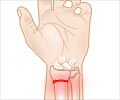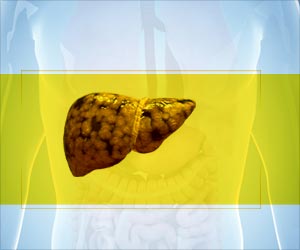A genetic variant common among East Asians masks the use of performance-enhancing testosterone prohibited in top-level sports competition, according to a new study.
A new study finds that athletes may be able to evade getting caught in dope tests if they have a genetic variant that is common in East Asians.
Athletes with a slightly different expression of the same gene, by contrast, run the risk of being falsely accused of doping, said the study.The standard test in professional and amateur sports for uncovering illicit testosterone use measures the ratio of two chemicals in the urine.
The level of testosterone glucuronide (TG), a by-product of testosterone in the body, is compared to the level of epitestosterone glucuronide (EG), which remains constant even when the power-boosting hormone is injected into the blood stream.
Any ratio above four-to-one is seen as suspect, according to the International Olympic Committee.
But depending on how many copies one has of a gene known as UGT2B17, the results of the test can vary by 20-fold, allowing drug cheaters to go undetected or yielding "false positives" for clean athletes.
A team of researchers led by Jenny Jakobsson at the Karolinska Institute in Stockholm injected 55 male volunteers with 500-milligrammes of testosterone enanthate, a substance banned by virtually all sports federations.
Advertisement
More than 40 percent of the men who had no copies of the gene showed testosterone levels within permissible bounds in daily urine tests over the next 15 days despite having taken a large dose of a banned substance.
"Nearly half of the individuals in our study who carried this genetic variation would go undetected in a regular doping test," reported Schulze.
Previous research has shown that the genetic variant that can mask hormone use is far more common among East Asians than caucasians, by a ratio of seven-to-one, according to Jakkobson.
If doping controls for testosterone are to be effective, she said, they need to take genes into account.
"Genotyping as a complement to the conventional urine analysis would improve the sensitivity of the test" by adjusting benchmarks according to one's genetic endowment, she said.
Synthetic steroids and testosterone build up muscle tissue, and have been by far the most-frequently detected illicit substance used in sports, accounting for 43 percent of positive results in 2005, according to the World Anti-Doping Agency.
After the 2006 Tour de France, the putative winner Floyd Landis of the United States tested positive for an elevated TG/EG ratio and was subsequently stripped of his victory.
The same hormones are used therapeutically to stimulate bone growth, and treat chronic wasting conditions such as cancer and AIDS.
Source-AFP
RAS/L









